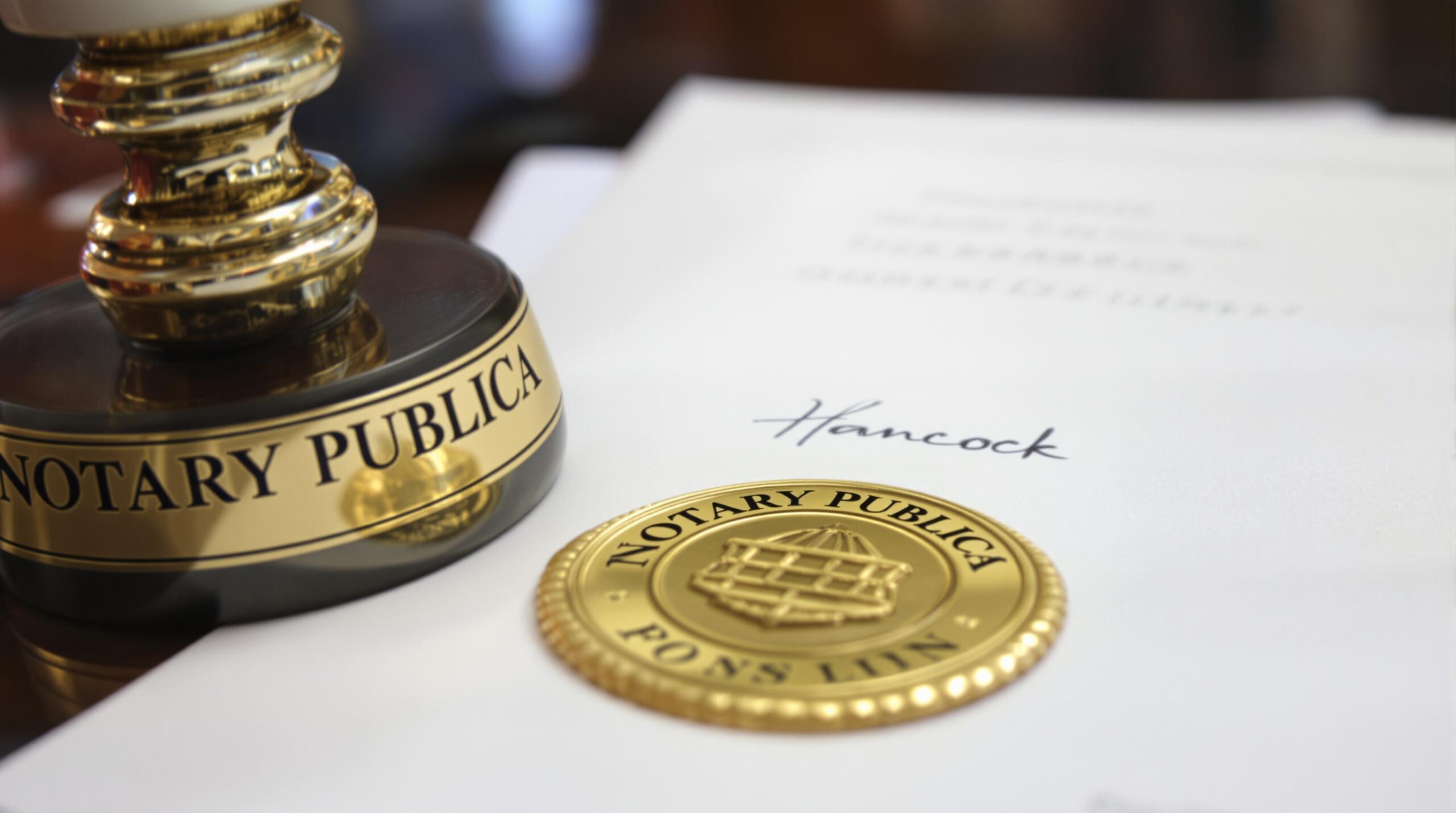Unlock Hancock’s Hidden Power: The Notary Public Guide You NEED!
Ever felt lost in a sea of legal documents, unsure if your signature actually means anything? You’re not alone! But what if there was a key to unlocking the power and validity within those papers? Enter: The Notary Public.
And when we talk about powerful signatures, few names resonate like Hancock. While this article won’t delve into John Hancock specifically, understanding the role of a Notary Public ensures your own Hancock carries weight.
What Exactly Is a Notary Public?
Think of a Notary Public as a state-appointed impartial witness. They verify the identity of a document signer, ensuring they are who they claim to be and that they’re signing willingly, not under duress. This simple act adds a significant layer of protection against fraud and forgery.
Key Responsibilities of a Notary Public:
- Verifying Identity: Checking IDs like driver’s licenses or passports to confirm the signer’s identity.
- Witnessing Signatures: Observing the signing of documents.
- Administering Oaths and Affirmations: Swearing individuals to the truthfulness of statements.
- Documenting Notarizations: Maintaining records of all notarizations performed.
Why Do I Need a Notary?
Notarization adds credibility and legal standing to various documents, including:
- Real Estate Documents: Deeds, mortgages, and other property-related paperwork.
- Power of Attorney: Granting someone the authority to act on your behalf.
- Wills and Trusts: Ensuring your wishes are legally recognized.
- Affidavits and Sworn Statements: Providing legally binding testimony.
- Contracts: Strengthening the enforceability of agreements.
Finding a Notary Public
Hunting down a Notary doesn’t have to be a chore. Here are a few places to look:
- Banks and Credit Unions: Many offer notary services to their customers, sometimes for free.
- Law Offices: Attorneys often have notaries on staff.
- Real Estate Agencies: Especially helpful for property-related documents.
- Shipping and Postal Services: Some, like UPS or FedEx, offer notary services.
- Online Notary Services: A convenient option for remote notarization (check legality in your state).
Pro Tip: Call ahead to confirm availability and fees.
What to Expect During a Notarization
Before your appointment, make sure you:
- Bring Valid Photo Identification: Your ID must be current and government-issued.
- Bring the Unsigned Document: Don’t sign it until you’re in front of the notary.
- Understand the Document: Take a moment to review it, so you can sign it willingly.
During the notarization, the notary will:
- Verify Your Identity: They’ll ask to see your ID.
- Witness Your Signature: They’ll watch you sign the document.
- Apply Their Seal and Signature: This validates the notarization. They add their Hancock.
The Takeaway: Empower Your Signature
A Notary Public is more than just a stamp and a signature. They’re a vital safeguard in our legal system, giving your documents – and your signature – the weight they deserve. Understanding their role empowers you to navigate important life events with confidence, knowing your “Hancock” truly matters.
So next time you see that raised seal, remember the power it holds and the peace of mind it provides! Don’t underestimate this seemingly small but significant service. It could be the key to unlocking security and validity in your most important documents.
